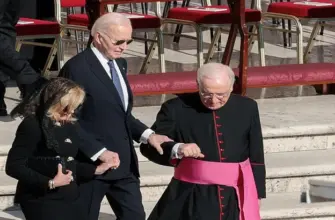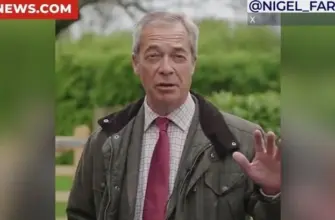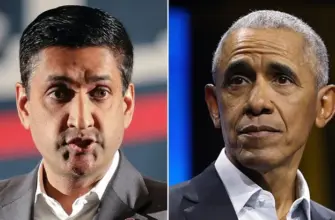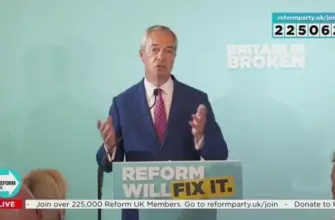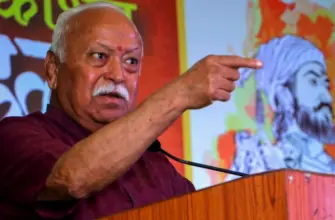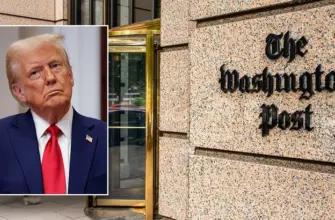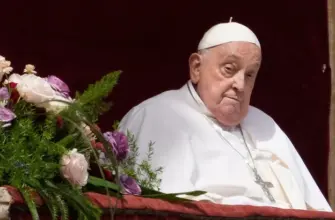After months of unsuccessful attempts to broker a resolution, US involvement in facilitating a peace deal between Russia and Ukraine may be nearing its end, according to remarks made by Senator Marco Rubio on Friday.
Speaking in Paris following significant discussions involving American, Ukrainian, and European officials—meetings he described as “constructive,” with “nobody rejected anything, nobody got up from the table or walked away”—Rubio indicated that the Trump administration is approaching a critical decision point. “We are now reaching a point where we need to decide whether this is even possible or not,” he stated. “Because if it’s not, then I think we’re just going to move on.” A crucial follow-up meeting is anticipated next week in London.
Rubio emphasized that the conflict is “not our war,” and highlighted the need for the US to prioritize other concerns. The administration aims to make a definitive determination “in a matter of days.”
Underlying this shift in strategy is a significant agreement between the United States and Ukraine concerning Ukrainian mineral resources. This deal, which has been subject to considerable delays—most notably following a contentious meeting in February—is now progressing.
- Ukrainian Economy Minister Yuliia Svyrydenko confirmed the signing of a memorandum of intent with US Treasury Secretary Scott Bessent.
- President Trump alluded to this agreement on Thursday, stating: “We have a minerals deal.”
While expressing patience with the ongoing peace efforts, Rubio did not explicitly blame either Russia or Ukraine for the lack of progress. He reported briefing Russian Foreign Minister Sergey Lavrov on the outlines discussed in Paris but remained silent on Lavrov’s reaction.
Interestingly, Rubio also credited European negotiators—particularly those from the UK, France, and Germany—for their assistance, noting that “The UK and France and Germany can help us move the ball on this.” These talks occurred amidst concerns within Europe regarding a potential shift in US policy towards Russia.
The Paris meeting was significant as it marked the first time since President Trump’s inauguration that high-ranking officials from the United States, Ukraine, and Europe convened to discuss ending the conflict—a crisis widely considered the most substantial security challenge for Europe since World War II. Discussions addressed future security guarantees for Ukraine, although Rubio declined to elaborate on potential US involvement.
Leading these US efforts have been Senator Rubio and presidential envoy Steve Witkoff, who has reportedly met with Russian President Putin three times, alongside several rounds of negotiations held in Saudi Arabia.
However, the situation remains volatile. Moscow continues to reject a comprehensive ceasefire that aligns with proposals from both Trump and Ukraine, insisting on conditions such as halting Ukrainian mobilization efforts and ceasing Western arms supplies—demands deemed unacceptable by Kyiv.
Amidst these diplomatic maneuvers, Russia has intensified its attacks on Ukrainian cities:
- Kharkiv, Ukraine’s second-largest city, was struck early Friday, resulting in one fatality and over 60 injuries. Officials reported the use of cluster munitions in a densely populated area.
- A bakery in Sumy was targeted by drones, killing one customer and wounding another—a development occurring less than a week after a devastating Palm Sunday attack resulted in at least 34 deaths.
- Just over a week prior to that, on April 4th, missiles struck Zelenskyy’s hometown of Kryvyi Rih, claiming the lives of 20 people, including nine children.
The potential mineral agreement between the US and Ukraine is expected to stimulate significant investments in infrastructure modernization and foster long-term economic cooperation.

